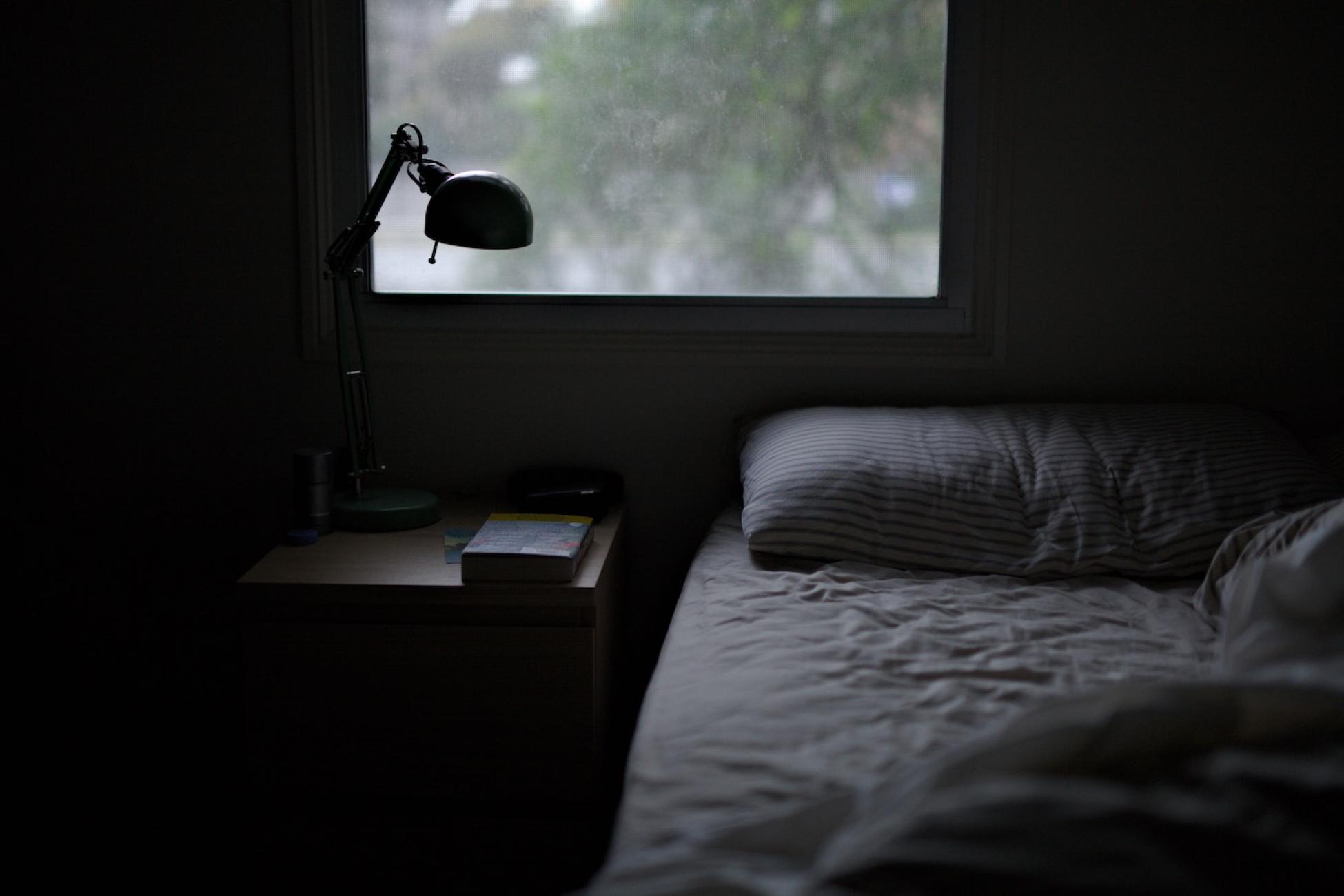It must be the biggest cliché of all time that being abroad "changes" you. The idea that after taking classes in a foreign country, meeting people of a different culture, and stuttering through meals with either host families or professors, you'll be irrevocably altered in some way.
It's an idea that's reinforced when everyone comes back from studying abroad and they tell you about all the places they went, the food they tried, and the museums they went to just for fun because they’re just cultured like that now. They’ll name drop some people you’ve never heard of before adding, oh, that was my host brother, to remind you that they were out there, meeting people of a different culture, while you were stuck at home at whatever university, left behind to eat campus food and attend boring lectures in English.
Being abroad can mean being alone.
What probably no one will tell you that your days abroad will not be all blissful and adventurous. What they don’t tell you is that being abroad means being alone. It means being away from likely everyone you know, and in a place where—whether for lack of emotional connection or sometimes even for lack of the language necessary to establish one—you feel very far away from everyone around you.
Life abroad is still exactly that: Life. Life with all of its troubles and worries that does not get shed no matter where in the world you go, be it the gleaming city of Paris or the stunning mountains of Patagonia.
Because life abroad is still exactly that: Life. Life with all of its troubles and worries that does not get shed no matter where in the world you go, be it the gleaming city of Paris or the stunning mountains of Patagonia. The same problems will arise anywhere, and you are forced to deal with them no matter how far away from home you are.
No one tells you that some nights you will want to cry because your host mom scolds you for something small because it just reminds you that you are not in your own home and that you are amongst an entire country of strangers.
No one tells you that some beautiful afternoons you will be forced to spend inside a Starbucks (a Starbucks, of all places!) because it’s the only café in all of Paris where you don’t worry about staying too long after you’ve finished your drink.
No one tells you that the most pressing things on your mind will not be your next adventure in the city, or your next excursion out of it. Rather, they'll be about deadlines you have for classwork, the internship applications you haven’t heard back from, and the loneliness that comes from not being able to properly express yourself to anyone; not even your family because of the aggressive time difference.
Yet everyone I have talked to about studying abroad insists on this same picture of bliss and wonder, about all the discoveries they made about the world and themselves when they were abroad, about the irreplaceable relationships that they made when they were out exploring. No one wants to share the fact that insecurities and troubles track you to any country you go to.
Studying abroad is not the same as a semester-long vacation.
The experience you are signing up for is not an extended trip for which you will receive academic credit, but rather an academic term that will include with it stress, anxiety, and more day-to-day work than you might have experienced even at home.
None of this is to diminish the study abroad experience, which I would still recommend. But I would like to open up more conversations about the difficulties of studying abroad that don’t accompany a normal term in Canada or the States. Far too often, these issues are dismissed with the protective cloak of abroad, that for some reason is supposed to negate any hardship that you experience while you’re in a foreign country. But just as you can experience a difficult term on your college campus, you can also feel miserable sometimes, even when you’re located somewhere where everyone expects you to be happy.
It is okay to be abroad, and to feel a little bit disheartened at first. It’s normal to feel at times that you would rather be in your own home, when you’re on what is supposed to be your best term of college. It’s fine to think sometimes that you miss your friends, your comfortable dorm, your warm study spots on campus. In fact, acknowledging these feeling will likely help you enjoy life abroad more.
Add this article to your reading list





